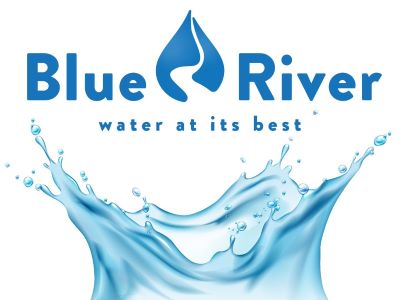Filtration Systems – Water Quality Testing
With the declining infrastructure in our water treatment plants, clean drinking water is becoming increasingly difficult to guarantee.

Overview
Filtration Systems

Some Frequently Asked Questions
What Can I Use Borehole Water For?
Borehole water can be used once the borehole installation has been completed and the water has been tested. You will be informed if it is suitable to fill your pool with. It is important to test the water as unsuitable water can stain your pool.
The safest way to use bore water is to irrigate the garden, flush toilets, wash cars and clothes. Before using borehole water for drinking, bathing, filling swimming and paddling pools, food preparation or cooking unless it should be professionally tested and treated if necessary.
Do I Need To Register My Borehole?
The Department of Water and Sanitation maintains a data base of all boreholes drilled in South Africa. When a borehole is drilled it is required that the borehole be registered with the Department of Water and Sanitation. Borehole water that is used for commercial or agricultural use needs to be registered and metered.
Do I Need to Treat my Garden Bore Water?
It is not usually necessary to treat your bore water providing it:
- Has a pH greater than 5;
- Is colourless and odourless; and
- Will only be used to water the garden, wash cars and flush toilets.
What can I do to keep my borehole water safe?
- Site bores away from any obvious potential sources of contamination such as septic tanks and fuel tanks
- Keep rubbish, pesticides, fertilizers, animals and compost away from the bore
- Remove and dispose of waste materials at approved facilities
- Apply garden fertilizers and agricultural chemicals sparingly, following label instructions
- Clean up any chemical spills immediately
- Lock access to bore covers or sheds
- Maintain borehole pumping equipment
- Use a back flow prevention device to separate municipal water from bore water
- If bore water is intended for human consumption use only products for use in contact with drinking water’, approved materials and test it each year.
Can I Connect my Borehole Water to a Drinking Water Supply?
Yes it can be connected BUT note the following:
- A back flow prevention device must be fitted otherwise you could end up pumping your water into the municipal water line and visa-versa
- Any connection to the scheme supply must be done by a licensed plumber; and
- The water must be tested prior to using it as drinking water or for food preparation.
Do I Need Approval To Install a Borehole?
If you are only going to use your borehole for domestic purposes (garden & household use) then no approval is required. If the water is going to be used in a manufacturing process (such as making Coca Cola) and farming then it will require approval.
Is borehole water safe to drink?
Is Borehole Water your only drinking water?
Borehole water should not be used for drinking unless it has been professionally tested at least once a year for chemical and microbiological contamination.
- Find out about the aquifer that supplies your water, the direction of travel, depth and origin;
- Be aware of activities that occur in the catchment area that supplies the aquifer as these will affect your water quality;
- Keep rubbish, pesticides, fertilizers, animal and compost away from the bore head;
- Use only pipes and materials that are either food grade or ‘drinking water approved’; and
- Use a professionally designed and installed water treatment system that is appropriate to the water quality of the borehole water.
Bores intended to provide drinking water must be located at least 30 metres away from any effluent disposal system or probable source of pollution.
Can I link my irrigation system to my borehole?
Yes, you can link your borehole to your existing irrigation system provided the water volume is sufficient to operate the irrigation system. Should this not be the case, various options are available to rectify this. Each client’s particular needs will be assessed and recommendations discussed.
Get Started
Start with a consultation
Our expert team is here to guide you through the drilling process step-by-step, from selecting the right location and equipment to the final stages of completion. With our comprehensive resources and professional advice, you can feel confident in successfully drilling your own borehole.

